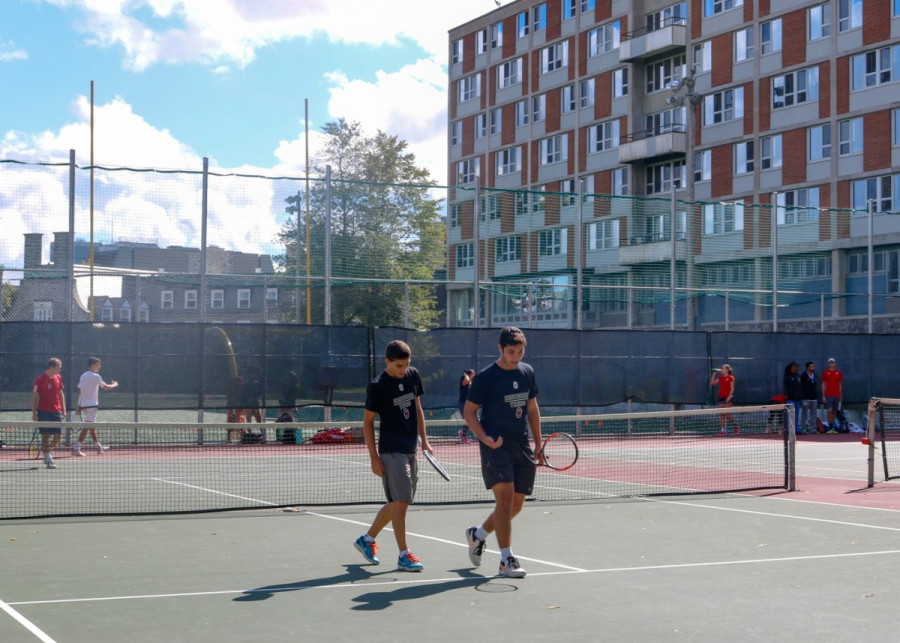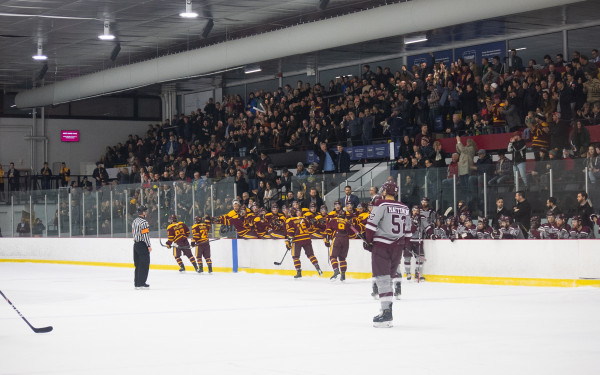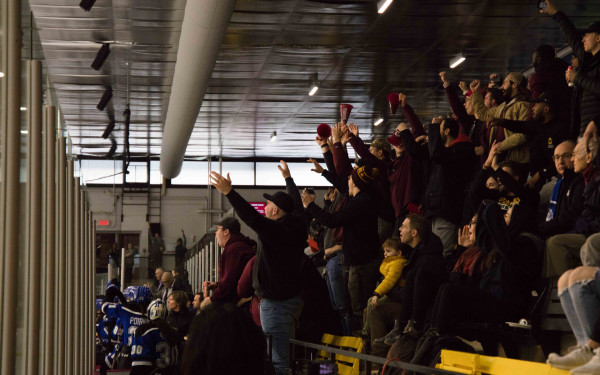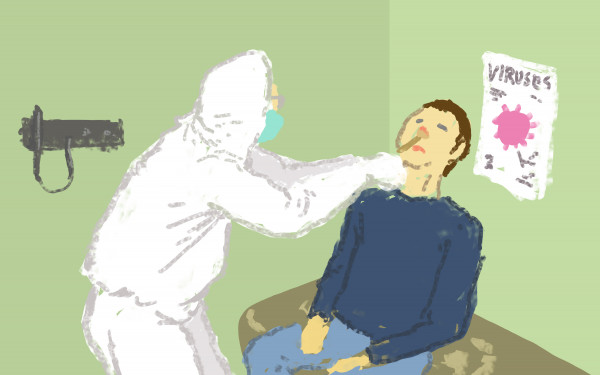Playing our way out of dark times
Why organized sports should resume in Quebec
“In red zones, indoor recreational and sports activities remain prohibited, except for physical education classes and specific programs in schools as well as activities carried out in pools and on skating rinks. In these facilities, activities must be carried out alone, in pairs or with members of the same household,” reads the government of Quebec’s website.
These rules are unfair to athletes in the province when most people in North America can get the valuable practice time they need. While other athletes are able to continue to develop their muscle memory by playing their sport, Quebecers are unable to do so as school practice facilities are closed. This forced break will likely significantly disadvantage most athletes in the province when competing on the world stage, since they will have missed a full year of practice.
While some athletes from Quebec are going to be at a disadvantage in their sports, some have used their time away from the field, rink, or court to develop muscle groups which they do not normally have the opportunity to work on mid-season.
“Definitely doing circuit work has toned my muscles a bit more than bulking up during the season because we’re doing a lot of skating and a lot of cardio,” said Olivia Hale, a defender on Concordia University’s women’s hockey team.
Ordinarily, hockey players and other athletes tend to not focus on circuit training and instead put their energy towards on-ice practice. However, with the lack of indoor rink practice time and actual league play, more time and energy can be spent working alone on a circuit.
The physical aspect of not being allowed to compete in certain sports is tough, but at the same time the mental aspect of missing something very central in one's life can also be a challenge.
“I think there’s been a negative effect on my overall mental health, I think not doing the sport you love everyday is something that can really affect someone.” — Olivia Hale
While most Quebecers have been worried about the spread of COVID-19, they should also be worried about the impact which shutting down organized sports has on people’s mental health.
Participating in physical activity can raise the level of endorphins that the brain produces, and with less opportunities to exercise, people produce less endorphins. Endorphins are extremely important to a person’s mood and a lack of them can lead to depression. With people needing to stay at home more, there has been a sharp uptick of cases of depression around the world.
Sports are not only a way to stay fit and healthy, but there is an added social aspect which can aid in countering depression and feelings of loneliness.
“The people who I play with and the girls on my team are my closest friends, and not being able to see them every day is something that’s really been affecting me,” added Hale. “You know it’s really easy to use social media to stay connected, but it’s not the same as competing with some of your best friends.”
While the spread of COVID-19 is still a threat, organized sports should be able to take place—if at least in a modified fashion for the sake of the athletes and participants’ mental and physical health. COVID-19 is important to worry about, but people should also be worried about depression, anxiety, and mental health with the pandemic still raging on.


_600_832_s.png)




